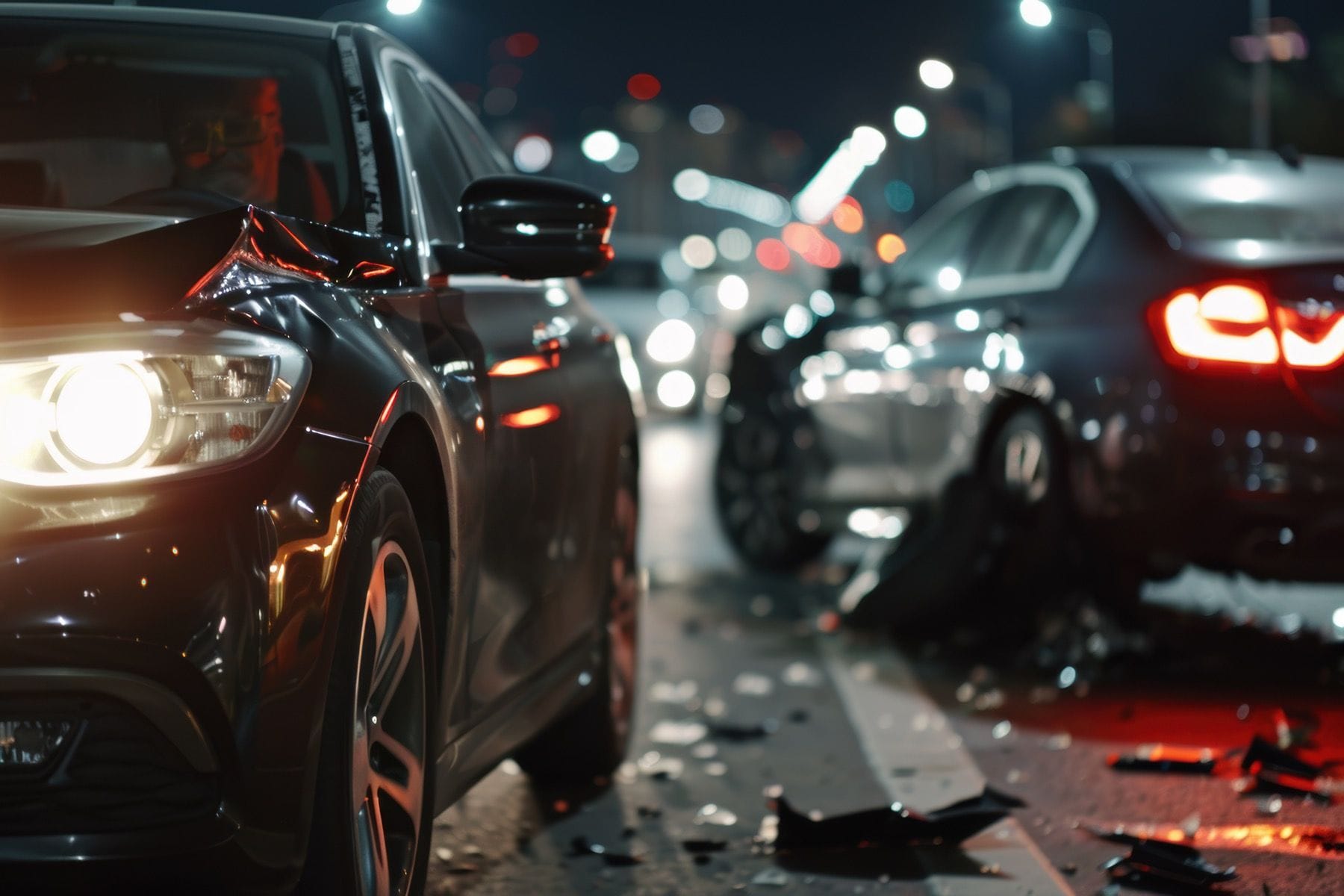$242M Verdict in Deadly Tesla Autopilot Crash
A federal jury awarded $242 million in a landmark product liability case against Tesla, finding its Autopilot system partly responsible for a deadly Florida crash.
Published on
A federal jury in Miami has determined that Tesla shares liability in a 2019 Florida Keys collision involving its Autopilot driver-assist system. The verdict awards approximately $242.6 million to the family of Naibel Benavides Leon, who died at age 22, and her boyfriend Dillon Angulo, who suffered catastrophic injuries. The total includes $200 million in punitive damages and $42.6 million in compensatory damages.
This trial marked the first time jurors held Tesla’s Autopilot responsible in a federal setting, a landmark outcome in the ongoing scrutiny of the company’s semi-autonomous vehicle technology. According to the verdict, Tesla is responsible for 33 % of compensatory damages—about $42.6 million—and the full punitive damages, while the driver, George McGee, was deemed 67 % at fault. Though his actions contributed significantly to the crash, he was not a defendant in the case and will not owe any portion of the awarded damages.
The 2019 Collision
Shortly after 9 p.m. on April 25, 2019, McGee drove a Tesla Model S at roughly 62 mph—well over the 45 mph speed limit—and ignored a stop sign and flashing red light at a T-intersection on Card Sound Road near Key Largo. While attempting to retrieve a fallen cellphone, McGee failed to halt and his vehicle struck a parked Chevrolet Tahoe occupied by Angulo and Benavides Leon, who were standing beside it. The force of the collision ended with Benavides Leon being launched into the woods and later found roughly 75–80 feet away. Angulo sustained severe injuries, including a fractured pelvis and jaw separation. McGee later pleaded no contest to a careless driving charge in local court and reached a settlement with the couple’s family in a separate suit.
Key Legal Arguments
During closing statements, plaintiffs’ attorney Brett Schreiber argued Tesla actively misled consumers by promoting Autopilot as if it could perform autonomous driving. He referenced public comments from CEO Elon Musk, who described the system as capable of detecting virtually any obstacle, implying near-perfect performance. Schreiber asserted that Tesla failed to prevent distracted drivers from relying on the system on unsuitable roads.
Tesla’s defense, led by Joel Smith, countered that responsibility lay entirely with McGee, who ignored the company’s explicit warnings requiring drivers to keep their hands on the wheel and eyes on the road. They argued the vehicle’s software deactivates if the driver accelerates beyond certain limits. Tesla stressed that Autopilot is not fully autonomous and that no 2019-era car could have averted the crash if the driver fails to maintain control.
Implications and Reactions
Legal experts view the ruling as a watershed moment, setting a precedent that automakers may face liability even when driver error is admitted. It challenges long-held assumptions that only user negligence contributes to Autopilot-related accidents. Analysts suggest Tesla may appeal the decision, potentially arguing that statutes limit punitive damages or dispute its overall fault allocation.
This verdict arrives amid mounting legal scrutiny and multiple pending lawsuits over Tesla’s framing of Autopilot and full self-driving capabilities. Industry observers warn that the decision may embolden further litigation as other firms explore liability tied to advanced driver-assistance systems.
Final Thoughts
While drivers remain responsible for safe operation, the jury’s finding has significant ramifications: it establishes that vehicle manufacturers can be held accountable when their systems—and how they promote them—contribute to tragic outcomes. Tesla’s upcoming appeal may redefine how courts address liability in the era of evolving automotive technology.


